FROM THE PASTOR’S DESK
Dear Beloved St. Mary’s Parishioners,
“Why do Catholics call your priests ‘father’?” How many of you have heard that before? It’s a common question that non-Catholics will use against us. They will then point to the Scripture passage that we just had in the Gospel reading this Sunday, “Call no one on earth your father; you have but one Father in heaven.” (Cf. Matthew 23:9). See, Catholicism is unbiblical! How are we to respond when confronted with this seemingly airtight logic?
The study of interpreting Sacred Scripture is called “exegesis.” It’s the critical analysis and explanation of a given text in order to derive its meaning. A key principle, for scholars and devotional readers of the bible alike, is to keep in mind the context. Context is absolutely essential. It is the oxygen of correct exegesis. Without context, we can essentially take a single verse out of the bible and twist it, forcing it to support our point of view. Oftentimes, when we speak with non-Catholics about a certain doctrine, they will point to a single verse in the bible in order to justify their position. However, the context of the bible passage must be taken into consideration. Without context, we run the risk of pulling a single piece of lumber from a mansion and forgetting how the house is supposed to appear. The Bible is like a big house.
Using this contextual approach, let us now return to the initial question of Matthew 23:9, which seems to contradict the ancient, Catholic, practice of calling priests “Father.” Let us put the verse in its broader context, take a step back and look at the “house” as a whole. Jesus continues, “As for you, do not be called ‘Rabbi.’ You have but one teacher, and you are all brothers. Call no one on earth your father; you have but one Father in heaven. Do not be called ‘Master’; you have but one master, the Christ.” Jesus also says not to use the word “rabbi,” which translates into english as “Teacher.” We see that word used throughout the Bible and Church history. The word “doctor” also means teacher (translated from the Latin word docere), yet we have no problem calling people doctor.
When it comes to the title “father,” the verse says not to call anyone on “earth your father,” yet we constantly call our male parents “father.” St. Paul himself, one of the greatest Christian evangelizers we have ever seen, refers to himself with the title “father” in 1 Corinthians 4:15, “For I became your father in Christ Jesus through the gospel.” Then we have the example of St. Stephen in his speech before he is stoned to death in the Book of Acts of the Apostles. He says, “Brethren and fathers, listen: The God of glory appeared to our father Abraham…” (Cf. Acts 7:2). By looking at the wider context, it is obvious to see that they had no issue with using the term “father” to speak about their spiritual leaders. What then, did Our Lord mean in Matthew 23:9, when he said not call anyone on earth our “father”? Jesus was using a common rabbinical teaching technique in the first century by using hyperbole to underscore his point. He did something similar a few chapters earlier in Matthew 5:29-32, when he said, “If your eye causes you to sin, pluck it out.” Obviously, he was not being literal, otherwise our entire parish would be blind. The heart of this passage is to emphasize the sovereignty and almighty power of our Heavenly Father, from which all fatherhood is derived. From the earliest beginnings of the Church, Christians have reverently used the word “father” to address their priests. That is why we still do it today.
A Slave of Jesus Christ,
Fr. Brian J. Soliven
